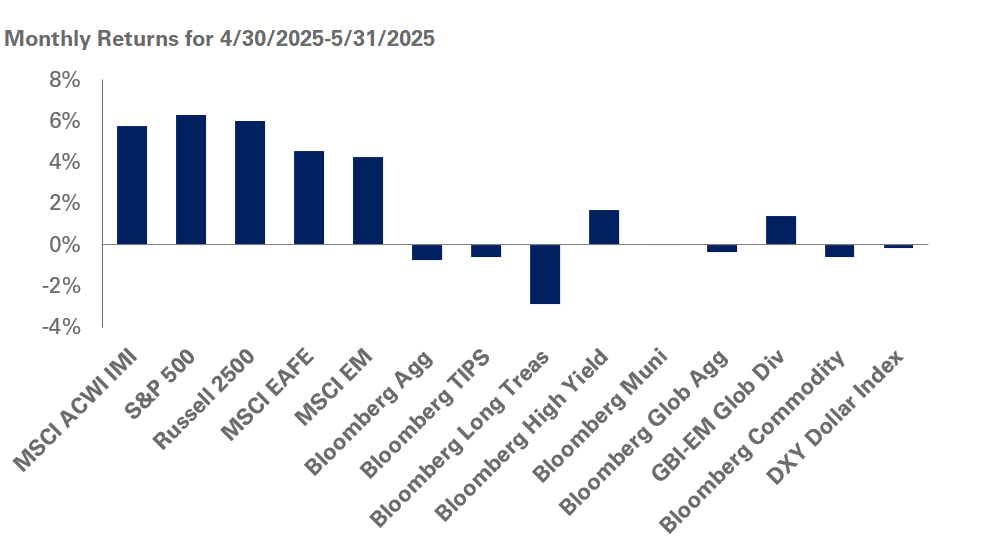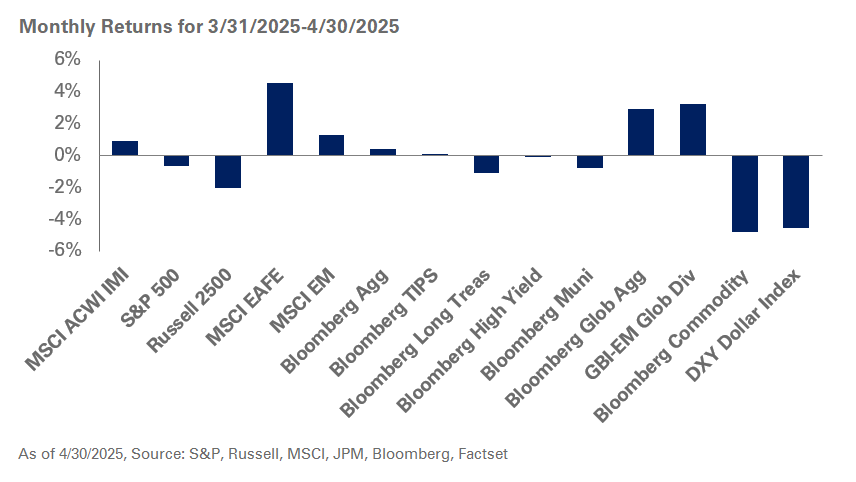This week, the February U.S. Consumer Price Index (CPI) and jobs data were expected to be the biggest markets movers, given their role in shaping Fed policy at the FOMC meeting on March 21 and March 22. Not anymore: The sudden and speedy collapse of Silicon Valley Bank (SVB) has markets acutely focused on the potential fallout from the bank’s failure.
While the situation is evolving in real-time and fueling outsized volatility, we believe the updated inflation data remains a critical input for the path of interest rates in the near term. With eyes on next week’s Fed meeting, there is a stunningly wide range of estimates for the Fed Funds rate, ranging from cutting rates to a 50-basis points rate increase. At NEPC, we believe a 25-basis points rate hike is the most likely outcome given the inflation backdrop and the potential implications of the alternative options.
Our belief is rooted in the data released this past week. On March 10, the February employment report beat expectations with the creation of 311,000 new jobs; however, we also saw the unemployment rate tick higher to 3.6%. On March 14, new data showed headline U.S. CPI increased 0.4% for the month, while Core CPI—which excludes food and energy—rose 0.5%; both prints were driven by continued pressure in shelter costs, which are expected to soften over the course of the year.
While markets last week awarded a 50% probability to a 50-basis points rate hike by the Fed, it now appears off the table given the CPI data and the events surrounding SVB. Meanwhile, lowering interest rates or leaving them unchanged will likely underscore the Fed’s concerns around the health of the financial system and may raise more questions about the stability of banking institutions.
As a result, we continue to believe these are unlikely outcomes despite wild fluctuations in interest rate expectations over the last few days and forward market projections of rate cuts in 2023. We largely see the collapse of SVB as an idiosyncratic event for the banking sector and one that interest rate and equity markets will move on from in the coming weeks. Barring a broad and systematic shock to the economy, we continue to believe any Fed rate cuts are unlikely in 2023 given the still-present inflation pressures and resilient underlying economic data.



